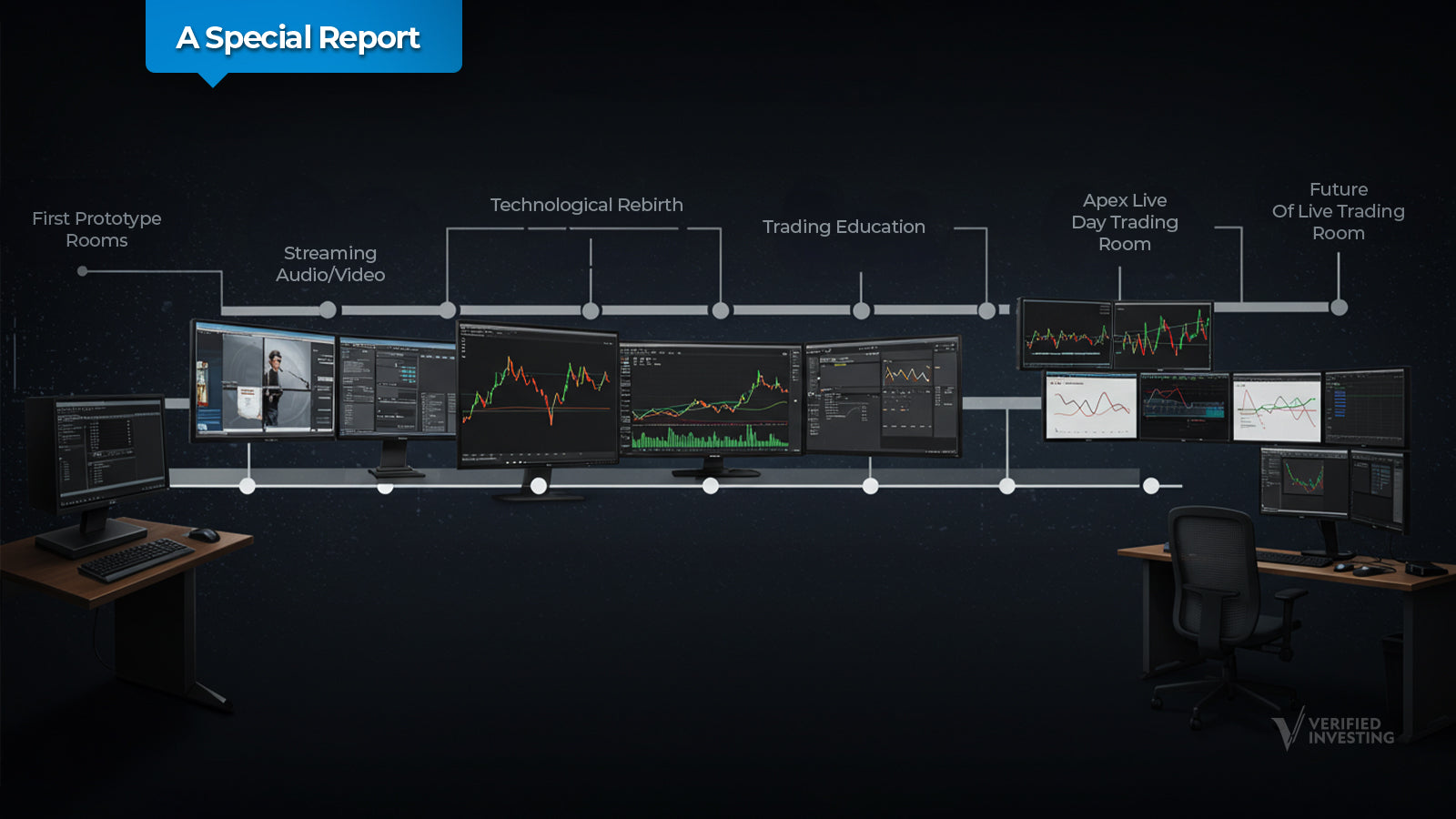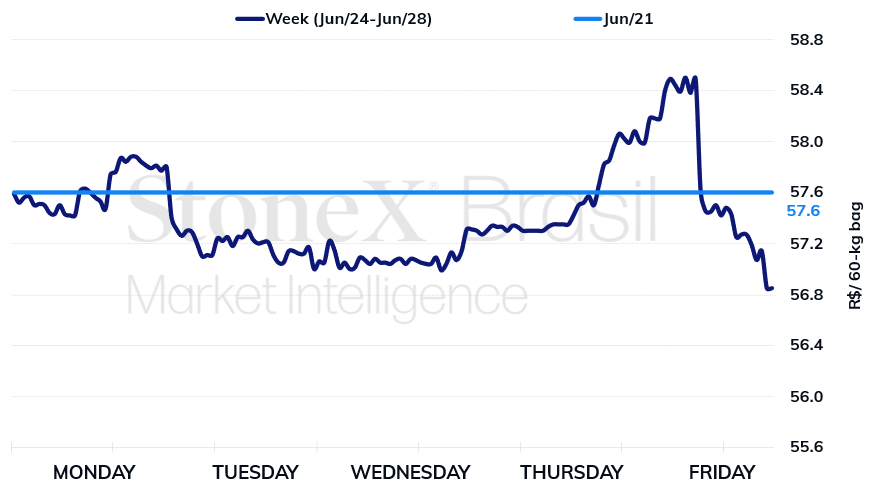Did you know that the SEC once fined a trader for trying to trade stocks using a crystal ball? While we can't promise you psychic abilities in day trading, understanding the SEC and FINRA rules on disclosure and transparency is essential for success. This article dives into the critical regulations that shape day trading, covering everything from required disclosures to penalties for non-compliance. Discover how these governing bodies enforce transparency, protect retail traders, and ensure a fair trading environment. Join us at DayTradingBusiness as we break down the rules that every day trader should know to navigate the market confidently.
What are SEC rules on disclosure for day traders?
SEC rules require day traders to disclose their trading activity if they operate as pattern day traders with over $25,000 in their account. They must adhere to FINRA regulations, including proper record-keeping and reporting suspicious or manipulative trading. Transparency demands that traders accurately report their transactions and avoid misleading practices. There’s no specific SEC disclosure requirement just for day trading; instead, rules focus on fair practice, record accuracy, and maintaining the minimum account balance to avoid restrictions.
How does FINRA regulate transparency in day trading?
FINRA enforces rules requiring day traders to disclose their trading activity and financial status, ensuring transparency. It monitors for suspicious patterns and enforces reporting standards via the FINRA BrokerCheck system. Rules like Regulation T and pattern day trader rules limit excessive leverage and demand account minimums, promoting clear, responsible trading. FINRA audits brokerage firms to verify compliance, making sure traders' actions are transparent and within regulations.
What disclosures must day traders make to the SEC?
Day traders must disclose their trading activity, including profits and losses, to the SEC if required by their broker or if they’re registered with the SEC. They must also report any suspicious or suspicious activity that could involve market manipulation or securities fraud. Additionally, broker-dealers are required to disclose their commissions, fees, and any conflicts of interest to clients. If registered with FINRA, day traders must follow FINRA rules on transparency, including accurate record-keeping and reporting of trading activity.
How does FINRA ensure transparency in trading activities?
FINRA ensures transparency in trading by requiring real-time trade disclosures, strict reporting of large positions, and monitoring for suspicious activity. It mandates firms to record and share detailed trade data, making market activity visible and traceable. FINRA also enforces rules that require prompt reporting of significant trades and suspicious transactions, helping regulators detect fraud or manipulation. Regular audits and surveillance systems track trading patterns to promote fair, transparent markets.
Are there specific reporting requirements for day traders?

Yes, day traders must report their trades to the SEC and FINRA, especially if they qualify as pattern day traders, who are required to maintain a minimum equity of $25,000 in their margin accounts. They must also comply with recordkeeping rules, report suspicious activity, and follow disclosure rules related to margin usage and trading activity.
What rules govern the use of leverage in day trading?
SEC and FINRA require day traders to disclose their trading activity and maintain transparency. Leverage must be used within the limits set by Regulation T, which typically allows borrowing up to 50% of the purchase price for margin accounts. Traders must also meet minimum equity requirements, usually $2,000 or 100% of the margin used. Firms are required to monitor leverage levels and ensure traders understand the risks. Using excessive leverage without proper disclosure can lead to regulatory penalties and account restrictions.
How does the SEC monitor for insider trading in day trading?
The SEC monitors insider trading in day trading through real-time surveillance of trading activity, analyzing unusual volume spikes, rapid price movements, and patterns that suggest suspicious activity. They use advanced algorithms and data analytics to flag potentially illegal trades, cross-referencing trading data with corporate disclosures and insider information. Additionally, they review reports from FINRA, broker-dealers, and whistleblowers to identify and investigate suspicious trades.
What are the penalties for non-disclosure in day trading?
Penalties for non-disclosure in day trading include fines, suspension or banning from trading, and account restrictions imposed by the SEC and FINRA. You could face disciplinary actions, lawsuits, or even criminal charges if false or omitted disclosures are deemed fraudulent. These agencies prioritize transparency, and failure to disclose relevant information can result in significant financial and professional consequences.
How do FINRA rules protect retail traders?
FINRA rules require clear disclosure of risks and fee structures, helping retail traders understand their investments. They enforce transparency in order execution and pricing, preventing unfair practices. Rules mandate regular reporting and supervision, reducing the chance of misconduct. These protections ensure traders have access to accurate information and fair treatment in day trading.
What disclosures are required for trading accounts?
Trading accounts must disclose the account holder’s name, address, and financial status. Firms must reveal risks associated with trading, including potential losses and margin requirements. Disclosure of commissions, fees, and any conflicts of interest is mandatory. Account statements and risk disclosures should be clear, timely, and accessible. For day trading, firms must also disclose pattern day trader rules and margin call policies.
How does the SEC enforce transparency in high-volume trading?
The SEC enforces transparency in high-volume trading by requiring real-time reporting of large trades through rules like Regulation ATS and Rule 6110. It mandates traders to disclose significant holdings and suspicious activities via Form 13D and Form 13G. The SEC also monitors for market manipulation and fraudulent practices, using surveillance systems to detect unusual trading patterns. FINRA enforces strict disclosure rules for registered traders, overseeing their compliance through audits and requiring clear reporting of large positions and trades. Both agencies collaborate to ensure high-volume traders reveal critical information, preventing market abuse and ensuring fair, transparent markets.
What are the rules for reporting suspicious trading activity?
Report suspicious trading activity to the SEC and FINRA promptly. Use their designated channels—such as FINRA’s Alert System or SEC’s EDGAR platform. Provide detailed information, including trade timestamps, volumes, and account details. Avoid delaying reports; timely disclosure helps prevent market manipulation. Follow their specific guidelines on what constitutes suspicious activity, like wash trading, pump-and-dump schemes, or abnormal volume spikes. Always stay updated on their rules to ensure compliance.
How does FINRA oversee day trading platforms?
FINRA oversees day trading platforms by enforcing SEC rules on disclosure and transparency, requiring platforms to register, disclose risks, and provide clear information to investors. They monitor trading practices, investigate misconduct, and ensure platforms comply with regulations that promote fair and transparent trading environments.
Learn about How does FINRA oversee day trading operations?
What is the role of disclosure in preventing market manipulation?
Disclosure helps prevent market manipulation by ensuring traders reveal their true intentions and financial interests. It allows regulators like the SEC and FINRA to monitor for suspicious activity, such as pump-and-dump schemes or insider trading. When traders disclose positions or conflicts of interest, it reduces deception and promotes fair, transparent markets. Clear disclosure requirements discourage manipulative practices by making misconduct more visible and harder to hide.
How can traders ensure compliance with SEC and FINRA rules?
Traders ensure compliance with SEC and FINRA rules by thoroughly understanding disclosure and transparency requirements, maintaining accurate records of all trades, avoiding manipulative practices, and promptly reporting suspicious activity. They should stay updated on regulatory changes, use approved trading platforms, and adhere to best practices for transparent communication with clients and regulators. Regular training and consulting with compliance experts also help maintain adherence.
Learn about How to Ensure Compliance with SEC & FINRA Regulations
Conclusion about SEC & FINRA Rules on Disclosure and Transparency in Day Trading

In summary, adhering to SEC and FINRA regulations is crucial for day traders to maintain transparency and integrity in their trading activities. Understanding the specific disclosure requirements and compliance measures not only protects traders from penalties but also contributes to a fair market environment. By prioritizing these guidelines, traders can foster trust and security within their operations. For more in-depth insights and resources on navigating these regulations, DayTradingBusiness is here to assist you.
Learn about SEC & FINRA Rules on Automated Trading and Algorithms